Have you ever wondered if carbonated water naturally exists in nature? Many people assume that fizzy drinks are solely a product of modern technology. However, the truth is that carbonated water can indeed be found in the natural world. In this article, we will explore the natural origins of carbonated water, also known as "water carbonated," and understand how nature creates these refreshing bubbles. Join us as we uncover the mystery behind naturally sparkling water sources and what makes them unique compared to their artificially carbonated counterparts.
What is Carbonated Water?

Carbonated water, also known as sparkling water, is simply water that contains dissolved carbon dioxide gas. The presence of CO2 gives carbonated water its signature bubbles and refreshing taste. There are two main types of carbonated water: naturally carbonated and artificially carbonated.
Naturally carbonated water is formed when water from underground sources meets carbon dioxide gas, usually due to volcanic or geological activity. On the other hand, artificially carbonated water is produced by injecting CO2 into plain water, a process commonly used in manufacturing soft drinks and soda.
How is Natural Carbonated Water Formed?
In nature, carbonated water forms through a fascinating natural process. Deep beneath the earth's surface, underground springs flow through regions rich in carbon dioxide, often near areas of volcanic activity. As the water travels through these layers, it becomes infused with CO2 gas, resulting in natural carbonation. This naturally carbonated water is then pushed up to the surface, creating mineral-rich sparkling springs.
An example of a famous natural carbonated water source is the San Pellegrino spring in the Italian Alps. For centuries, the mineral-rich waters of San Pellegrino have bubbled up from the earth, providing people with a naturally fizzy drink enjoyed worldwide. This is just one example of geology and water interacting to create something truly special.
Notable Natural Carbonated Water Springs Around the World
Numerous natural springs worldwide produce naturally carbonated water. These springs often have rich histories and are valued for their distinct taste and mineral content.
-
San Pellegrino, Italy: The San Pellegrino spring in the Alps is one of the most famous naturally carbonated water sources. Its water has a unique blend of minerals, giving it a distinct taste.
-
Gerolsteiner, Germany: Gerolsteiner sparkling water comes from springs in the volcanic Eifel region of Germany. The area's rich volcanic history allows the water to absorb CO2 and minerals, resulting in natural carbonation.
-
Vichy Catalan, Spain: This natural spring has been celebrated since ancient times for its mineral content and carbonation, which make it a popular choice among sparkling water enthusiasts.
Natural vs. Artificially Carbonated Water
One common question is whether there is a significant difference between naturally and artificially carbonated water. Let’s examine this further.
Source and Formation: Naturally carbonated water forms through the geological processes described earlier. The water absorbs carbon dioxide and minerals as it moves through layers of rock and earth. On the other hand, artificially carbonated water is created by injecting CO2 gas into purified or filtered water in a controlled environment.
Mineral Content: Naturally carbonated water typically contains various minerals such as magnesium, calcium, and potassium, which it collects during its journey underground. These minerals are part of what gives natural sparkling water its unique flavor. In contrast, artificially carbonated water often lacks these minerals, although some manufacturers may add minerals to enhance flavor.
Health and Taste Differences: Many people believe that naturally carbonated water is better for health due to the presence of beneficial minerals. Additionally, the flavor of naturally carbonated water is often described as smoother and more nuanced than artificially carbonated water, which can sometimes taste sharper due to the abrupt CO2 injection process.
Benefits of Natural Carbonated Water
Natural carbonated water offers several benefits that go beyond its refreshing taste.
-
Rich in Minerals: Natural sparkling waters are often rich in essential minerals like magnesium and calcium, which can support healthy bones, aid in digestion, and promote overall well-being.
-
Unique Taste: The distinct taste of natural carbonated water is shaped by the specific minerals it contains and the environment it comes from. This provides a more complex and enjoyable experience compared to artificial carbonation.
-
Natural Purity: Natural carbonated waters are often sourced from pristine environments, meaning they come from some of the purest water sources available.
Experience Natural Carbonation with Agave Water Carbonator

If you’re curious about experiencing the unique taste of natural carbonated water but can’t easily access a natural spring, you can still enjoy a similar experience at home with Asfolia's Agave Water Carbonator. This device allows you to carbonate your water to your preferred level of fizziness, giving you control over both the bubbles and the mineral content by adding your choice of mineral supplements.
The Agave Water Carbonator is designed to help you bring a touch of nature into your everyday routine. While it may not fully replicate the complex mineral profile of San Pellegrino or Gerolsteiner, it offers an easy, accessible way to enjoy the effervescence of sparkling water—a perfect embodiment of independence and self-care.
Conclusion
Natural carbonation is not just a modern invention; it exists in some of the most beautiful places in the world. Carbonating water through geological activity is an awe-inspiring reminder of nature's wonders. For those interested in experiencing sparkling water in a new way, consider trying the Agave Water Carbonator to create your version of nature’s bubbly gift.
Now that you’ve learned about the origins of carbonated water, why not share your thoughts with us? Have you tried any of these natural sparkling waters? How do they compare to what you make at home? Let us know in the comments below, and feel free to explore more articles about the world of carbonated water on our blog.
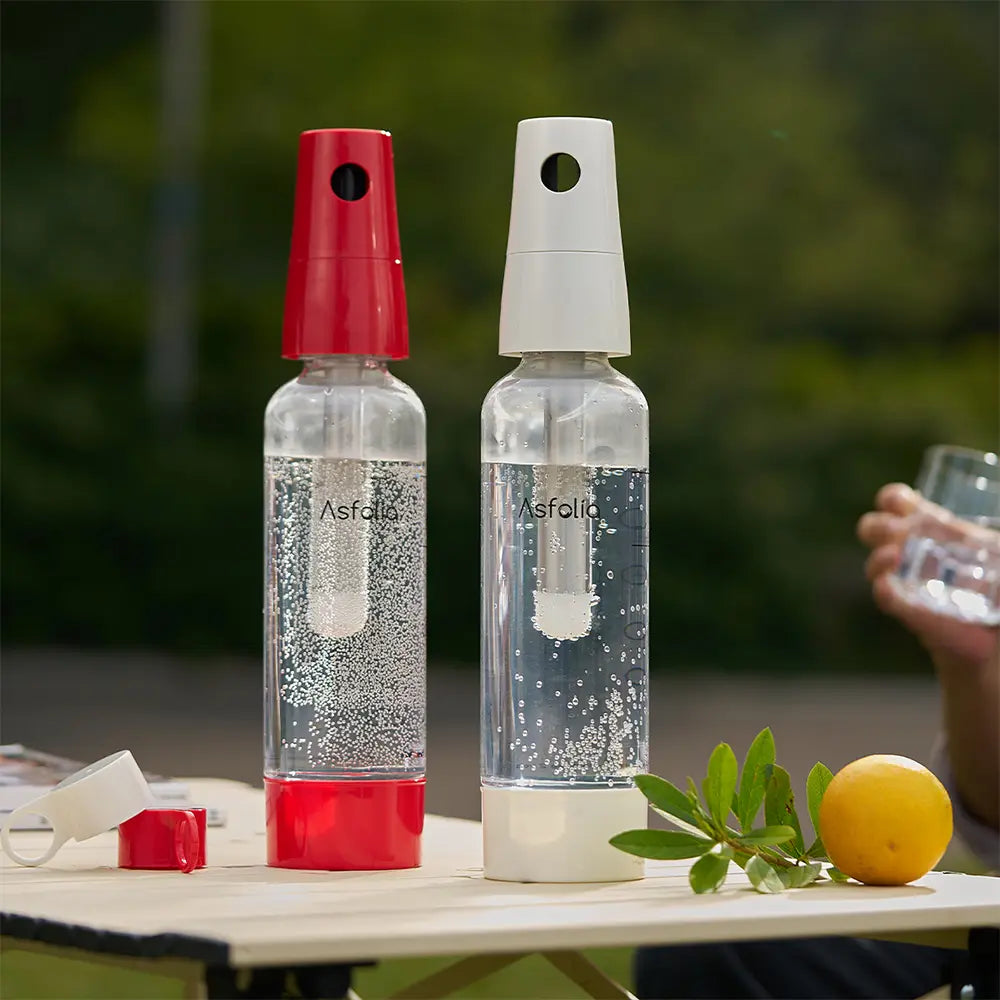
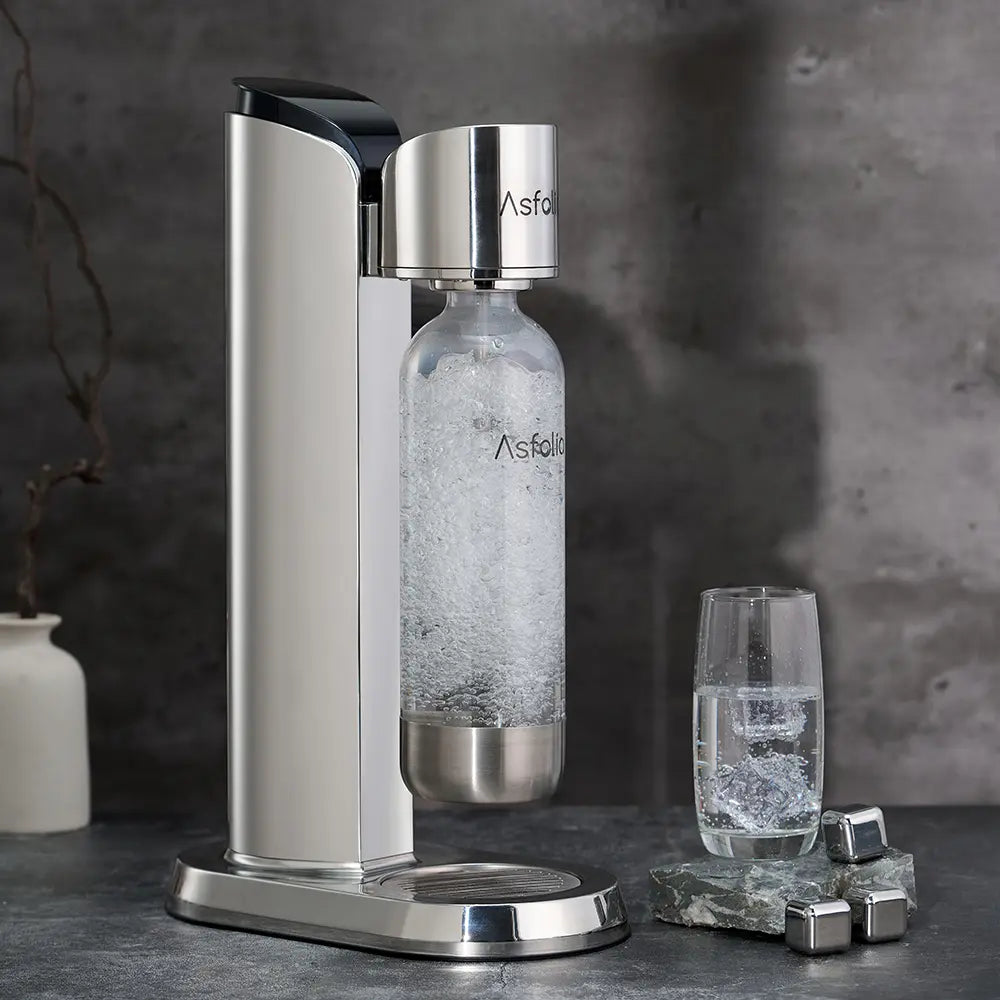
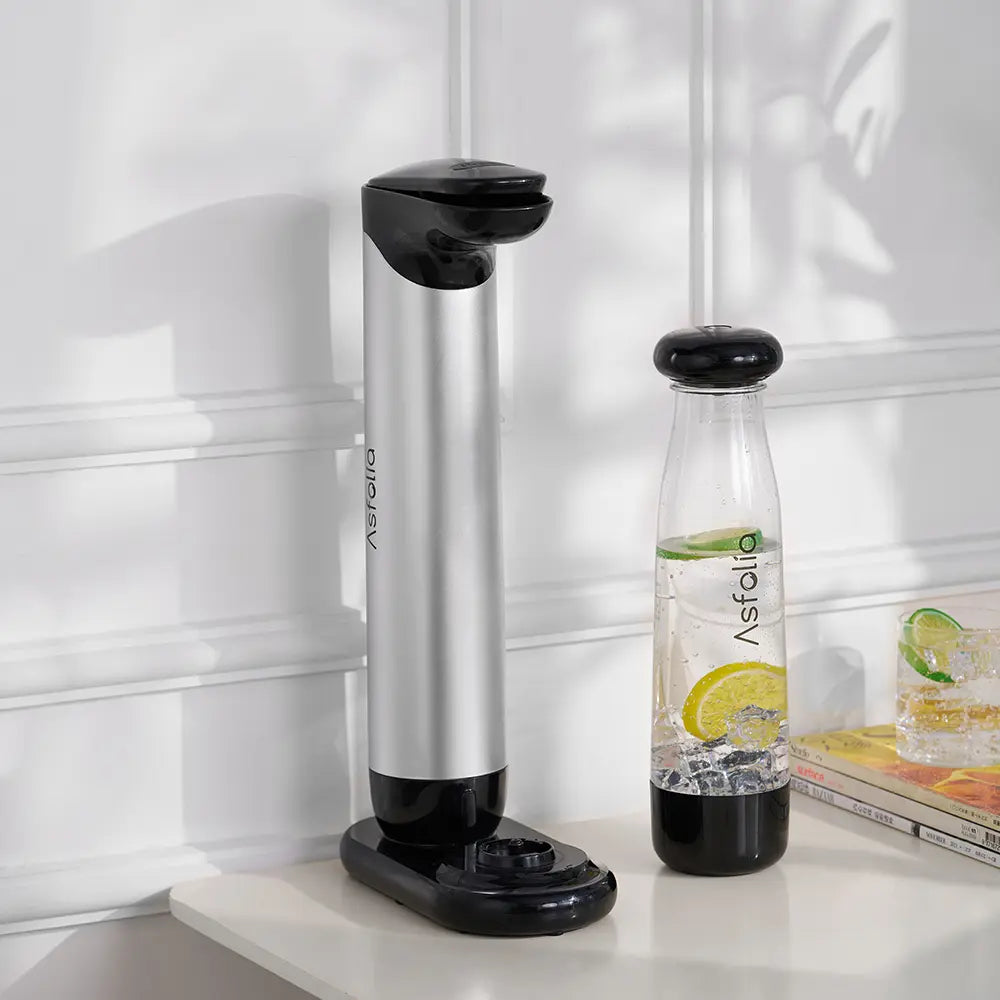
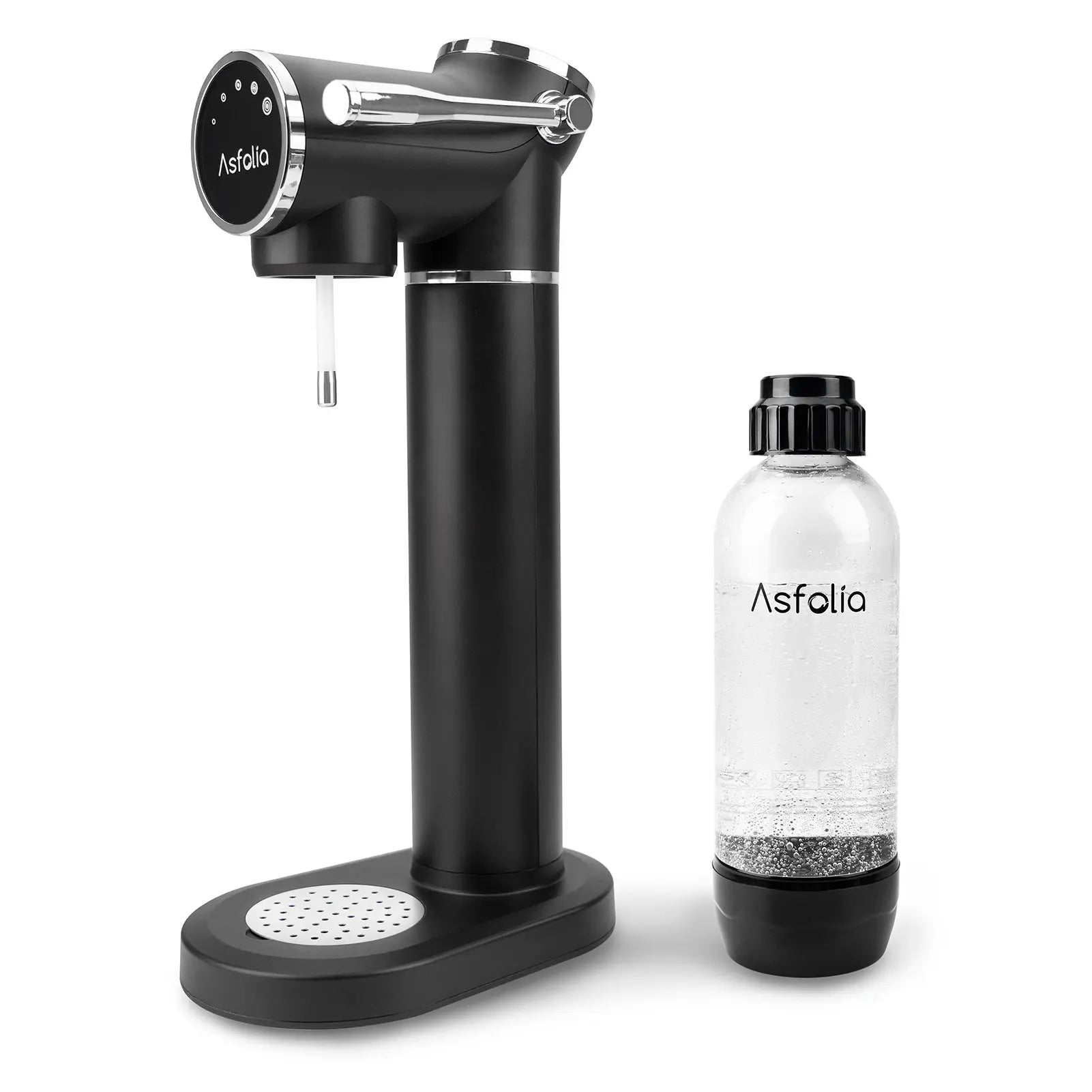

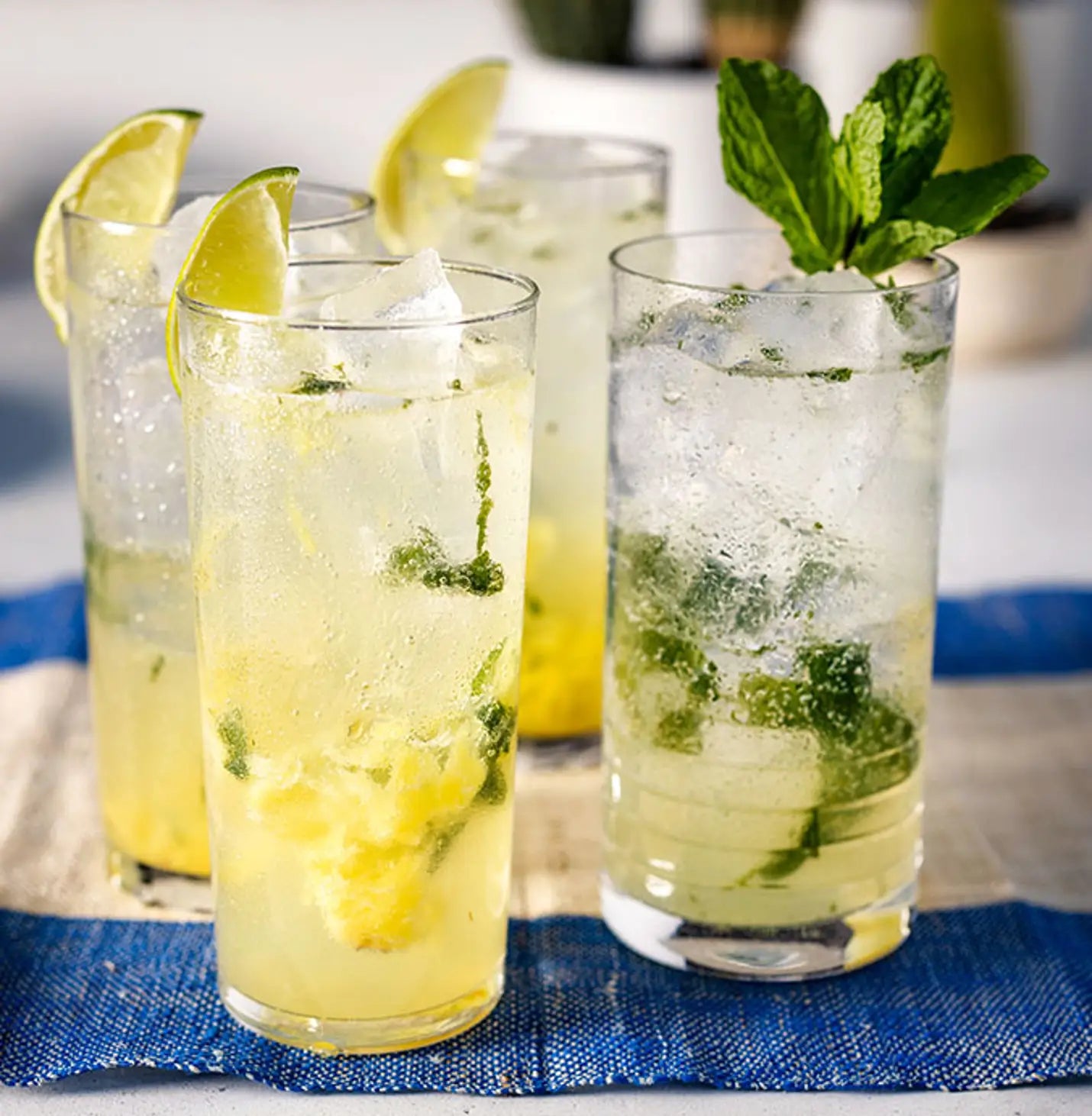
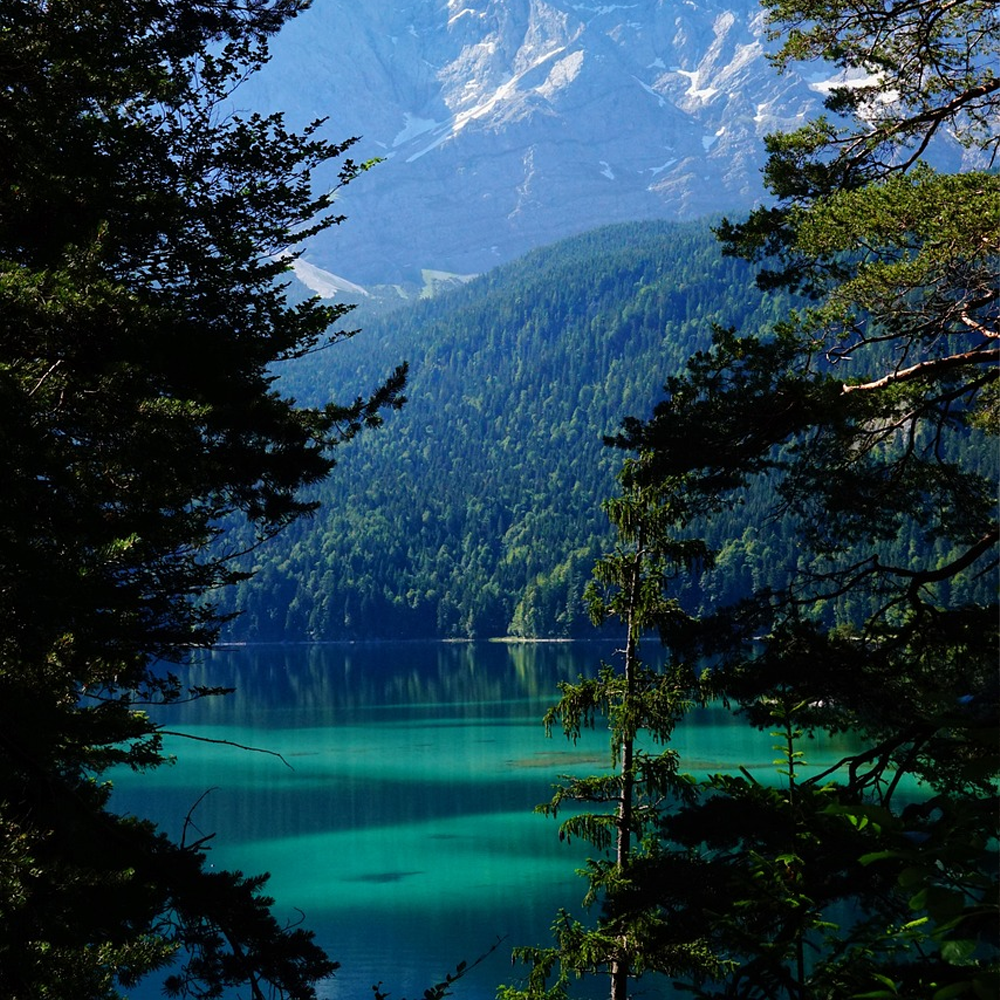
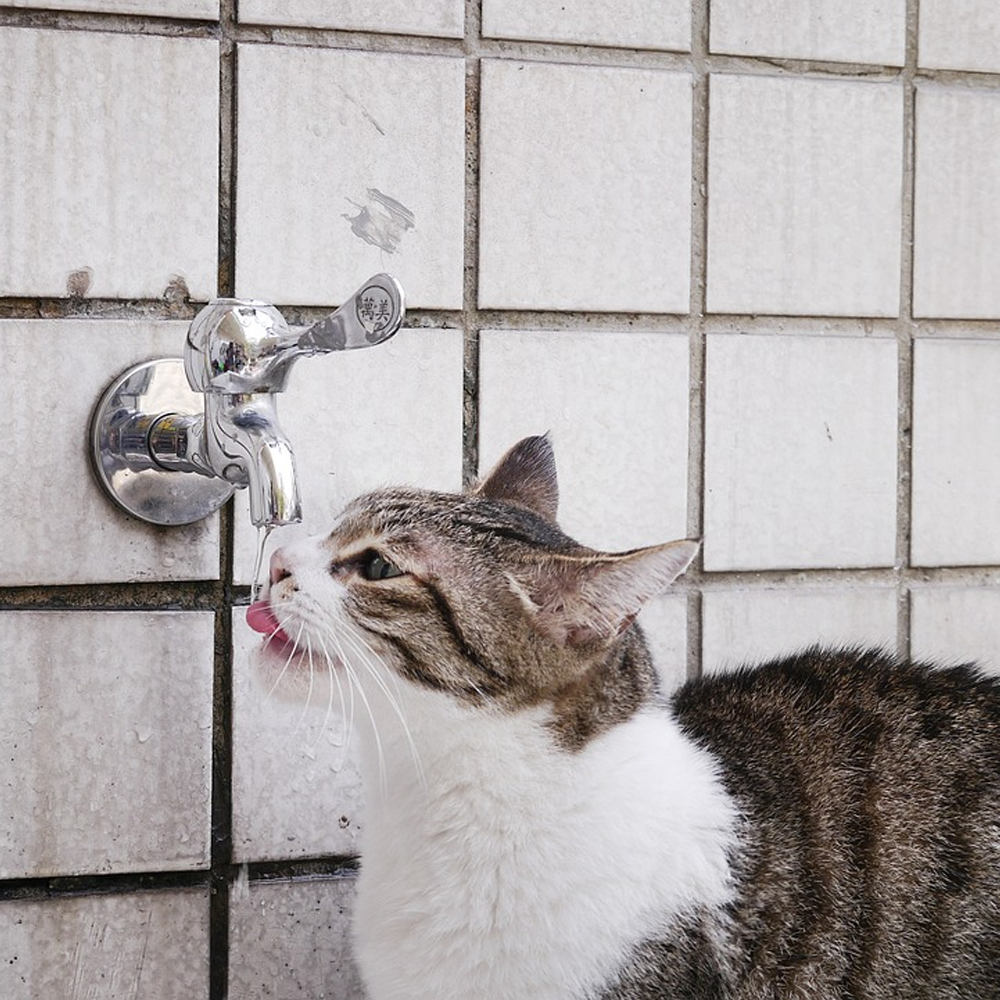








Leave a comment
This site is protected by hCaptcha and the hCaptcha Privacy Policy and Terms of Service apply.